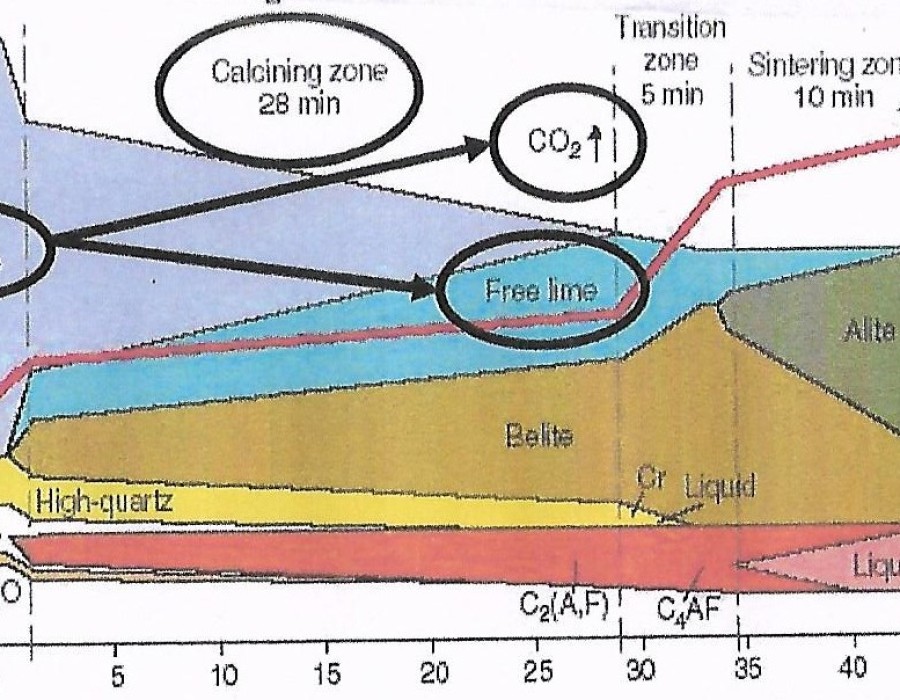In the modern industrial landscape, efficiency, safety, and sustainability are critical for success. This is where process engineering design comes into play. It involves the planning, analysis, and implementation of industrial processes to ensure optimal performance, cost-effectiveness, and compliance with safety and environmental standards.
From chemical plants and refineries to food processing units and pharmaceutical factories, professional process engineering design ensures that every step of production operates seamlessly, safely, and efficiently.
What Is Process Engineering Design?
Process engineering design is the discipline of designing and optimizing industrial processes, equipment, and systems to achieve desired production outcomes. It combines knowledge from chemical, mechanical, and industrial engineering to develop efficient workflows, reduce waste, and ensure consistent quality.
Key aspects include:
- Process Flow Design: Mapping out step-by-step operations for maximum efficiency.
- Equipment Selection: Choosing the right pumps, reactors, heat exchangers, and pipelines.
- Control Systems Integration: Implementing automation for monitoring and precise control.
- Safety and Compliance: Ensuring designs meet regulatory standards and minimize risks.
- Optimization: Minimizing energy consumption, raw material usage, and production costs.
Applications of Process Engineering Design
Professional process engineering design services are essential across multiple industries:
- Chemical and Petrochemical Plants: Designing reactors, distillation columns, and storage systems.
- Pharmaceutical Industry: Optimizing processes for drug production and quality control.
- Food and Beverage Manufacturing: Streamlining production lines for efficiency and hygiene.
- Oil & Gas: Designing refineries, pipelines, and storage systems with safety and efficiency in mind.
- Water Treatment and Utilities: Optimizing filtration, purification, and distribution processes.
By leveraging process engineering design, industries can increase productivity, reduce waste, and maintain operational safety.
Key Services in Process Engineering Design
A professional process engineering design company typically provides:
- Process Flow Diagrams (PFDs) and Piping & Instrumentation Diagrams (P&IDs): Visual representation of equipment, pipelines, and process control.
- Equipment Design and Specification: Selecting and sizing pumps, valves, reactors, and heat exchangers.
- Process Simulation and Modeling: Testing efficiency, safety, and performance before implementation.
- Automation and Control Systems: Integration of PLCs, SCADA, and DCS for real-time monitoring.
- Safety Analysis and Compliance Checks: Risk assessment and regulatory adherence for process safety.
These services ensure that industrial processes are reliable, safe, and economically optimized.
Benefits of Professional Process Engineering Design
Partnering with experts in process engineering design offers multiple advantages:
- Operational Efficiency: Streamlined workflows and reduced production downtime.
- Cost Reduction: Optimized use of raw materials and energy resources.
- Safety Assurance: Compliance with international safety and environmental standards.
- Scalability: Designs that can adapt to future production growth.
- Sustainability: Environmentally responsible designs that minimize waste and emissions.





Comments